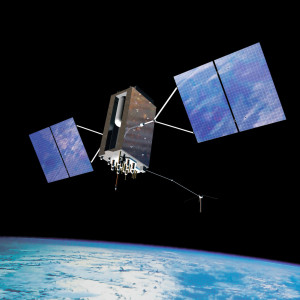
As the Air Force and its industry partners prepare for the launch of the first GPS III satellite next week, it will do so without an upgrade meant to help operators use legacy ground systems to control the new advanced systems, officials said Dec. 14.The Air Force's GPS Next-Generation Operational Control Segment (GPS OCX) is still years away, and the service contracted GPS III prime Lockheed Martin [LMT] to build what is known as the GPS OCX Contingency Operations (COps) update…

 By
By 











